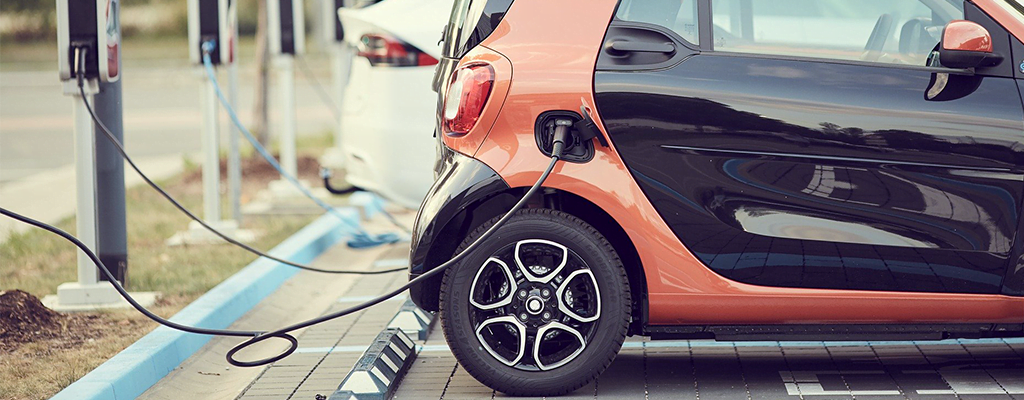
More people are planning to ditch the petrol and diesel engines in favour for an electric option, yet myths surrounding the technology still exist. Whether it’s due to range anxiety, the charging infrastructure, or the longevity of the battery – many drivers are still wary of making the switch.
Electric vehicles (EV) are growing in popularity among drivers, with EVs now accounting for just over one in ten sales (10.7%) of new cars – surging from just 1.1% in 20151. We’ve unpicked the most common misconceptions to debunk, to help set the record straight on EVs.
Myth 1: EVs don’t have enough range
Although in the past it may have been a major concern, range anxiety is becoming less of a problem as the UK charging infrastructure catches up with demand and battery technology improves.
The documented range of most currently available EVs is between 100 and 300 miles, depending on the make and model. With most car journeys being less than 50 miles, the battery range of a modern EV need not be a limiting factor in day-to-day use for a huge number of motorists.
Myth 2: Electric vehicle batteries don’t last long
An American study found that the average decline in energy storage is 2.3% per year. That means an electric vehicle with a range of 150 miles will lose 17 miles of accessible range after five years – the rate of decline slows down in later years.
Internal combustion engines (ICE) also lose performance with age, due to wear on the internal components, which can be exacerbated by missing vital servicing inspections.
Myth 3: Driving an electric vehicle won’t save money
It’s fair to say that the up-front cost of an electric car can be significantly higher than an average petrol or diesel vehicle, but there are key savings you can make over time.
Electric car drivers can instantly benefit from up to £3,000 in government grants towards the cost of buying a new vehicle, and a ‘Plug-in Car Grant’ reducing the list price of an EV. On top of this, there are some handy tax breaks that can further help EV drivers keep costs down.
Here are some typical annual costs for a fully electric model, assuming you travel 7,400 miles a year – the average among British motorists, according to government figures – and charge the car at home.
- Charging cost per 100 miles: from £3.75 (£277.50 a year)
- Insurance: £629 average
- Road tax: £0
These are the typical running costs for a petrol-powered Vauxhall Corsa, the most popular car sold in the UK, assuming annual mileage of 7,400.
- Fuel cost per 100 miles: £7.54 (£558 a year)
- Insurance: £553 average
- Road tax: £155
Myth 4: Electric cars are costly to maintain and repair
Just as charging an EV is generally less expensive than refuelling, servicing costs also tend to be cheaper. Electric vehicles have fewer moving parts and fewer items prone to wearing out over time. Electric cars don’t need consumables such as oil filters, air filters and spark plugs and have no cambelts that can be expensive to replace.
Myth 5: The power grid won’t be able to handle it
If 80% of all passenger cars become electric, this would lead to a total increase of 10-15% in electricity consumption.
The projected growth in e-mobility will not drive an immediate or substantial increase in total electrical-grid power demand, according to a study by McKinsey & Company. This means EVs aren’t likely to cause any abrupt surprises or disruptions in our power supply and there is no need for new electricity generation capacity in the near future.
Lloyd Jones, Corporate Training Manager at IAM RoadSmart, said:
“Electric vehicles are the future. Manufacturers are spending billions of pounds on the research and development of these vehicles and we are starting to see the benefits of this development. They are easy to drive, have fantastic performance, have a range that is greater than my own daily demand and importantly, for the eleven-year-old boy in me, they are fun to drive.”
Is your fleet going electric? A Vehicle Familiarisation course could help your staff feel more comfortable in their new vehicle. Or perhaps you’d like general risk management or driver training. In any case, we can help. Get in touch and find out how.


